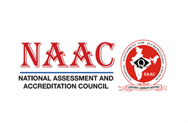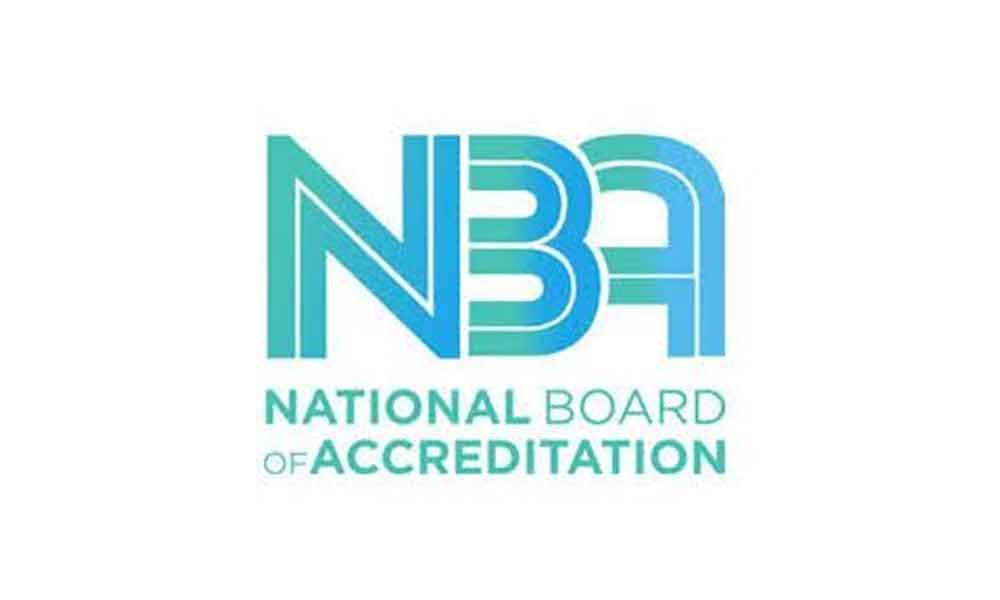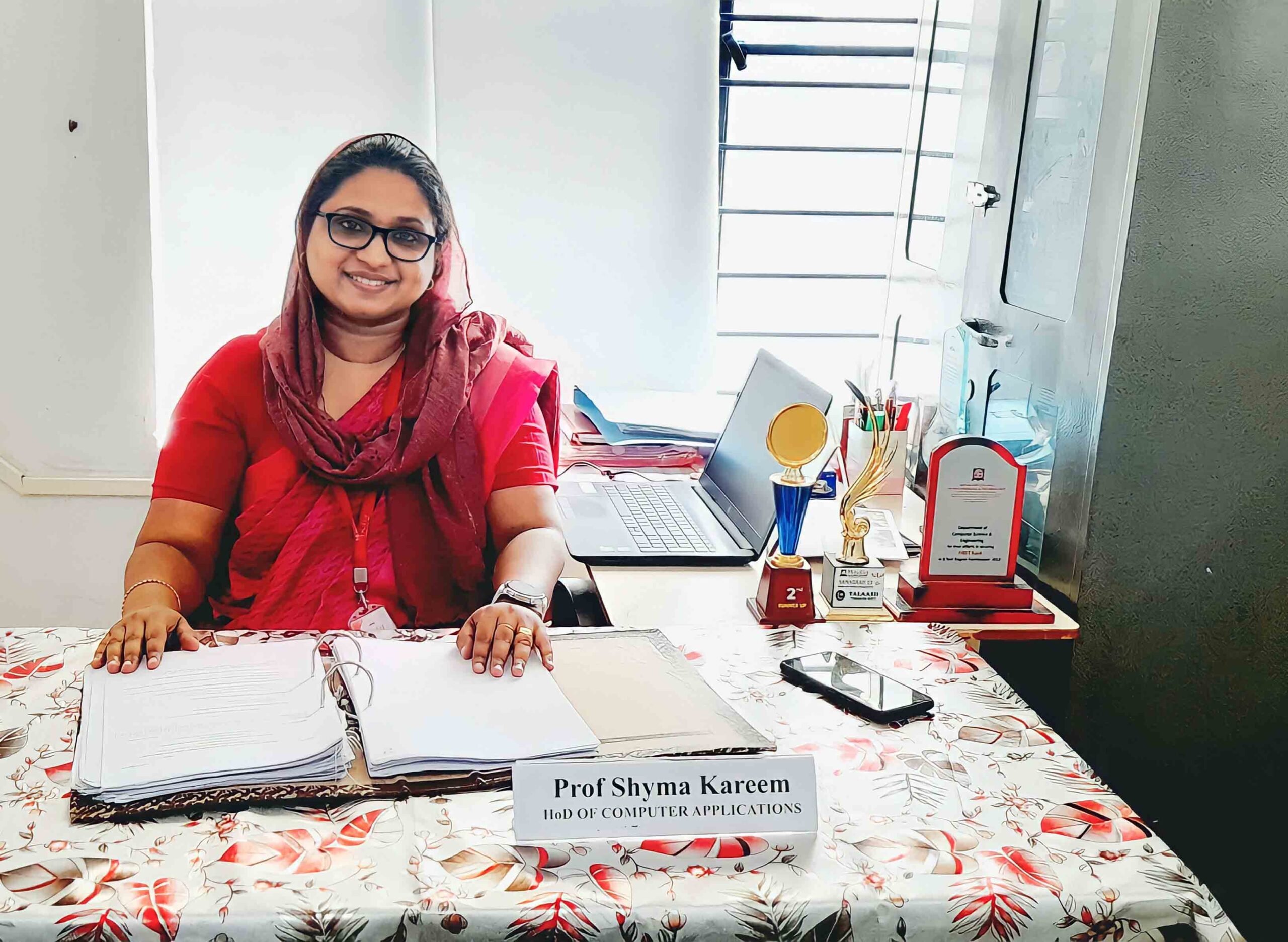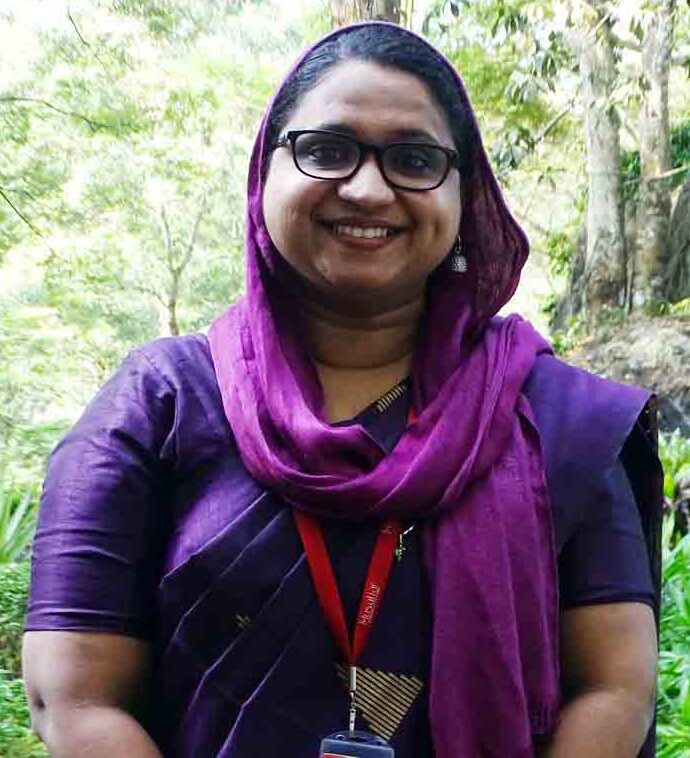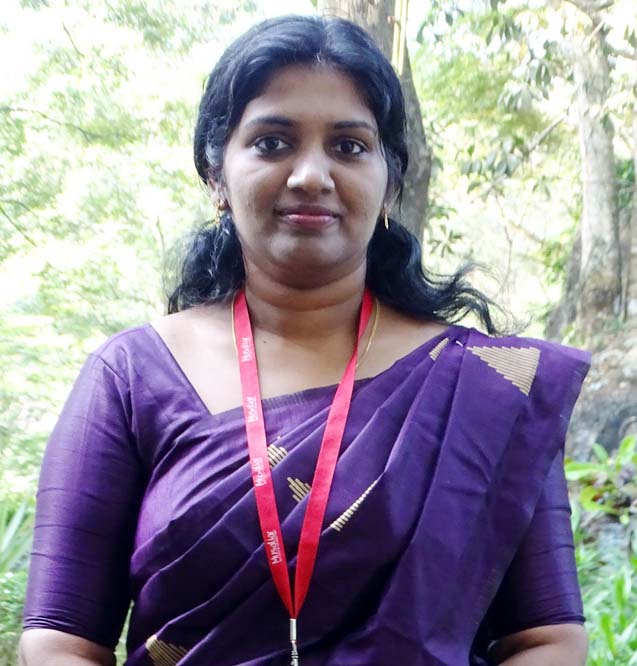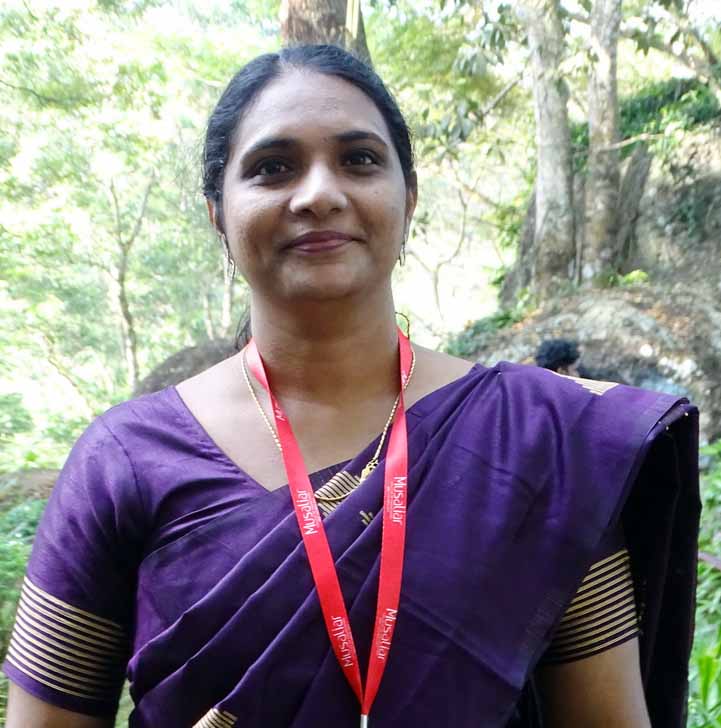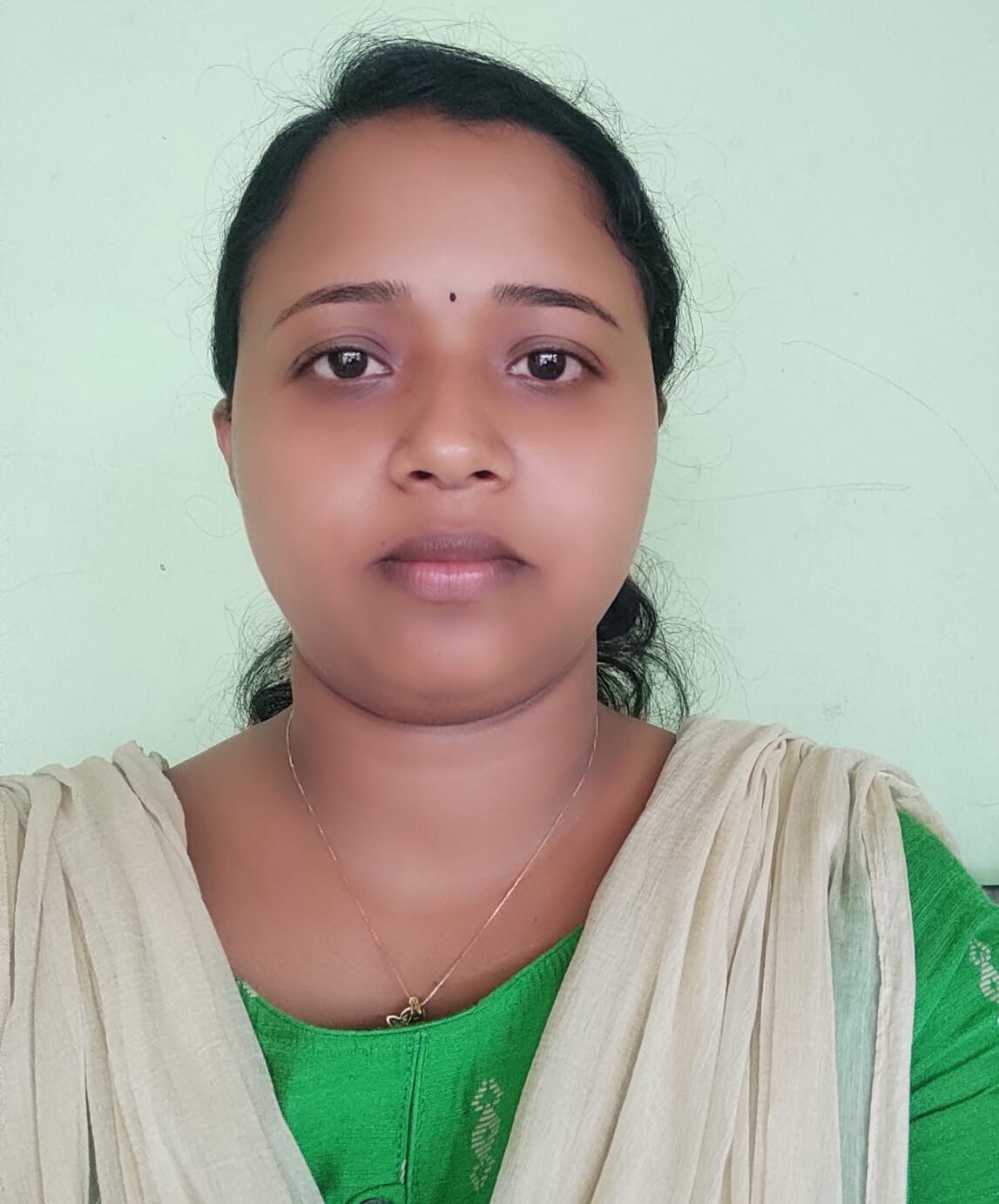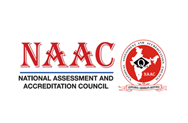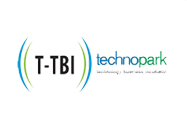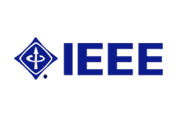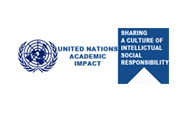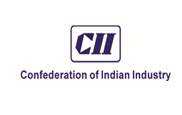MASTER OF COMPUTER APPLICATION
Established in 2011, the department offers Post-graduate course in Computer Applications. The department takes great effort to nourish software skills in ambitious young software engineers by undertaking training courses in high-end technologies with active assistance from its teaching staff. The MCA program is divided into four semesters. Each semester comprises four theory subjects and three practical subjects – except the last semester, when the students work on live projects in the industry. Teaching-Learning process at MCET is implemented by the dedicated faculty through rigorous planning and keeping in view the industry needs. Students undergo classroom lectures, tutorials, case studies, assignments, seminars, workshops, multimedia presentations, and lectures from guest speakers from the industry and academia. The MCA program being run at MCET is approved by APJ Abdul Kalam Technological University. The norms and standards for the delivery of the course – as laid down by the All India Council of Technical Education (AICTE).

